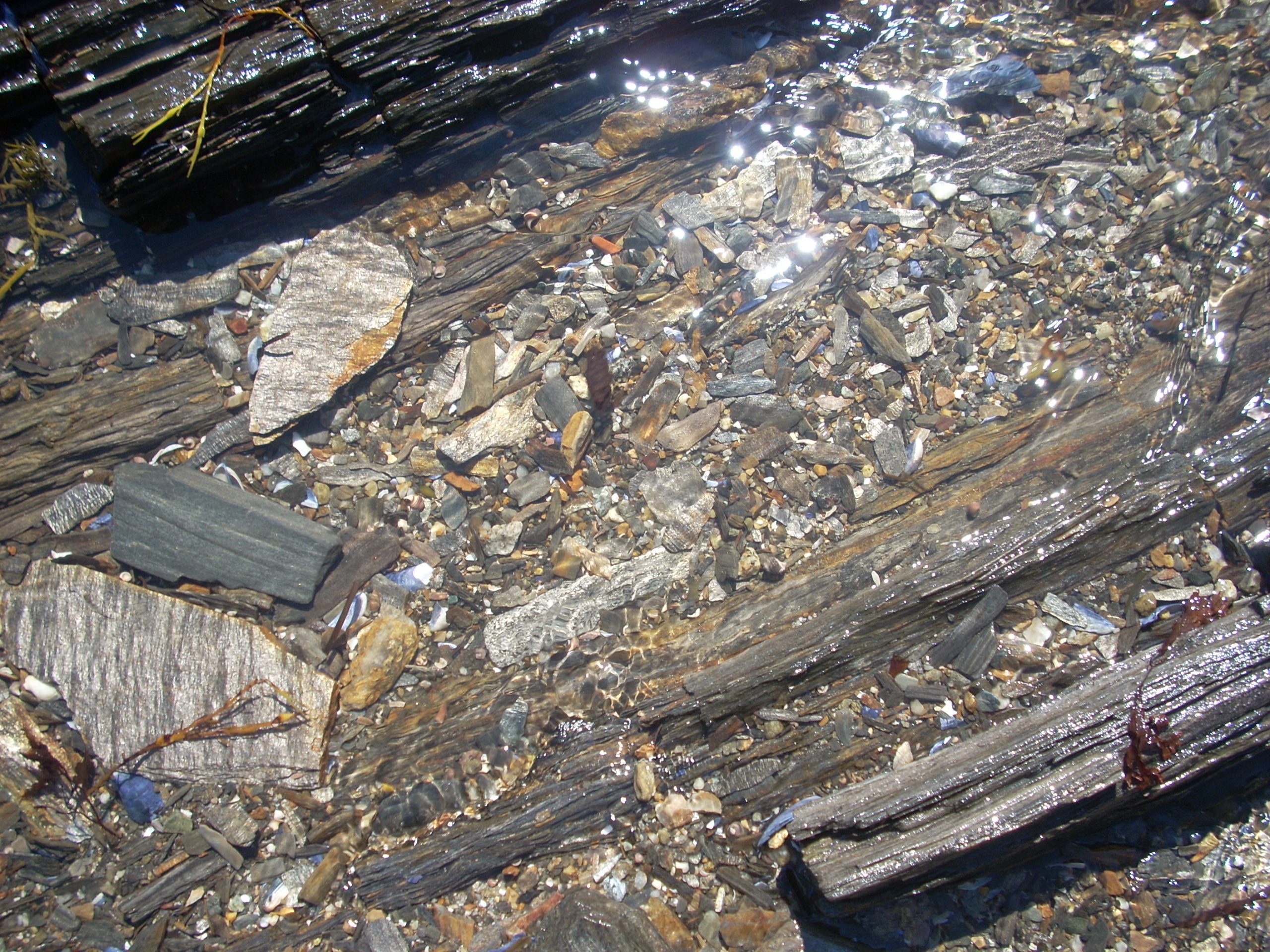
The First Choice: Denial or Disillusionment
The first choice is to do nothing and avoid making a tough decision. We won’t even engage a polarity analysis when considering this option. This choice, like that made in many countries during the first months of the COVID-19 virus, is filled with denial and underestimation of virus impact. It is a form of freezing—which was the behavior our ancient ancestors learned to engage as one of the slowest and weakest animals on the African Savannah (Sapolsky, 1998). If we remain still and don’t move, then maybe the threatening entity (lion or virus) will somehow go away. It seems that we are also very slow and very weak when it comes to somehow escaping or fighting the virus. However, unlike the lion on the Savannah that might overlook us or lose interest in us if we remain frozen, the COVID-19 virus knew where we were and has no intention of leaving us alone. The same will undoubtedly be the case with any future viruses.
Living in the world of 21st Century realities, freeze can take on several different forms. We might simply remain at home, escaping into reality TV, watching the televised replay of some sporting event, or getting absorbed in a warm and soothing “escapist” novel. Alternatively, as one of my colleagues in China reports, we can become disillusioned with what is happening (or not happening) in the world: “In the past [2020] we tried one of the other options and found it useless or found that no one else was dancing to the same tune. Why should I do anything, when no one else seems to be doing the right thing? Why trust my government, when they botched it with COVID-19.”
This choice is what Dr. Michael Osterholm (2020) of the University of Minnesota calls the Fool’s Position. It requires massive denial of the reality we now face—or it requires a pervasive sense of helplessness. This denial and helplessness, in turn, yield not only dysfunctional public policy and dangerous collective action, but also disillusionment. They are also key ingredients in the formula for a toxic brew of stress, depression and illness. In sum, freezing leads to horrible health and societal outcomes since individual and collective freezing produces highly stressed physical and societal systems.
The Second Choice: Doing the “Right” Thing
The second choice is to engage in fast thinking by embracing the basic assumption about being “good”. We are compassionate. We are caring. At one level, this basic assumption makes great evolutionary sense. As human beings we have been able to survive not because we are fast or strong – or even because we are smart. It is because we care about one another. We are saturated with a chemical called oxytocin that pulls us toward bonding and nurturance. It makes us feel good when we help other people and makes us feel horrible when we sit back and watch other people suffer. The triggering of oxytocin requires none of the systemic and often counter-intuitive thinking espoused by Forrester and his system dynamic colleagues. Why create a computer-based model when everyone around us is crying for help.







